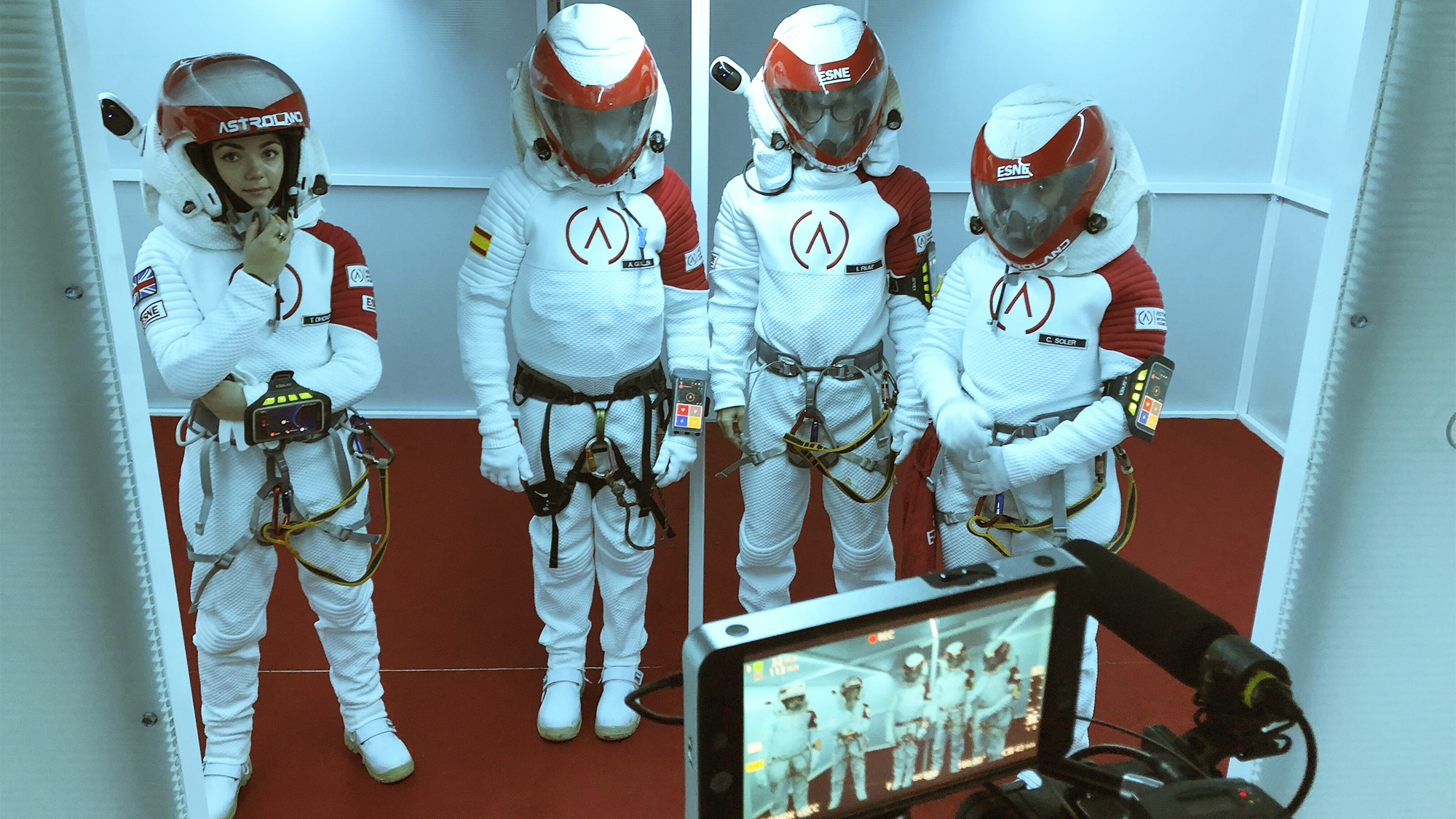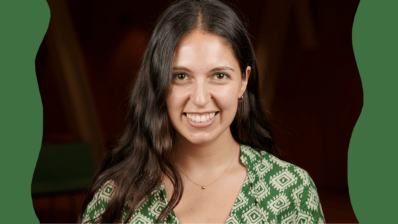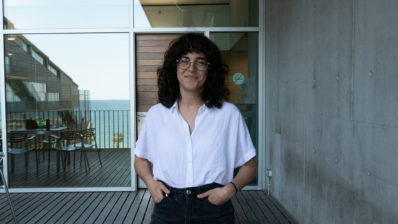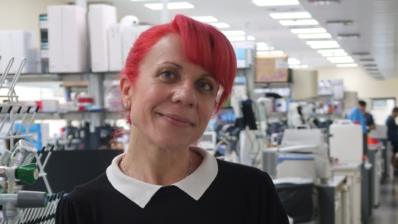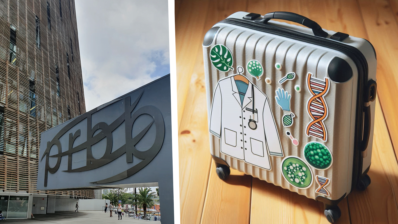“Human beings will inhabit Mars, that’s a fact. What we don’t know is when”.
These are the words of David Ceballos, CEO of Astroland, a new Spanish interplanetary agency that is testing our future life on Mars. The agency has set up a cave in Cantabria, the north of Spain, that aims to simulate the harsh conditions in Mars, in order to test communication technologies, space suits, etc. as well as the psychological effects of a potential mission to the red planet – the only one believed to be compatible with human life.
Iñaki Ruiz-Trillo, group leader of the Multicellgenome lab at the Institute for Evolutionary Biology (IBE: CSIC-UPF), is one of the 100 chosen people, from different disciplines, who have had the chance to experience the space trip that all humans might experience in the near future – without leaving Spain.
Iñaki’s aim was to collect samples to study biodiversity in caves. The ‘side effect’ was that he got to be a space mission commander, spending 24h in a huge, deep cave that simulates Mars hostile conditions with a group of 6 people – including two TV crews. In this interview (video in Catalan) he tells us about this unique experience.
What is Astroland Interplanetary Agency?
Astroland is a private company that has set up a very big cave as a pretend human colony on Mars, in order to test technologies, equipment, etc. for a future potential trip to the red planet. The reason for it to be in a cave is that, if we ever go to Mars, that’s where experts think we’ll have to live, due to the planet conditions.
How did you get involved in this project?
We were approached by them. A collaborator of us, Antonio Guillén, was going to get some samples at the cave, and we joined in.
Where is this cave?
The cave is located far from everywhere – which emphasizes the feeling of being on another planet! From a tiny village in Cantabria, you have to walk for about 15 min before you get there. And once there, the cave is huge, so there’s again more walking to do until you reach the ‘base’.
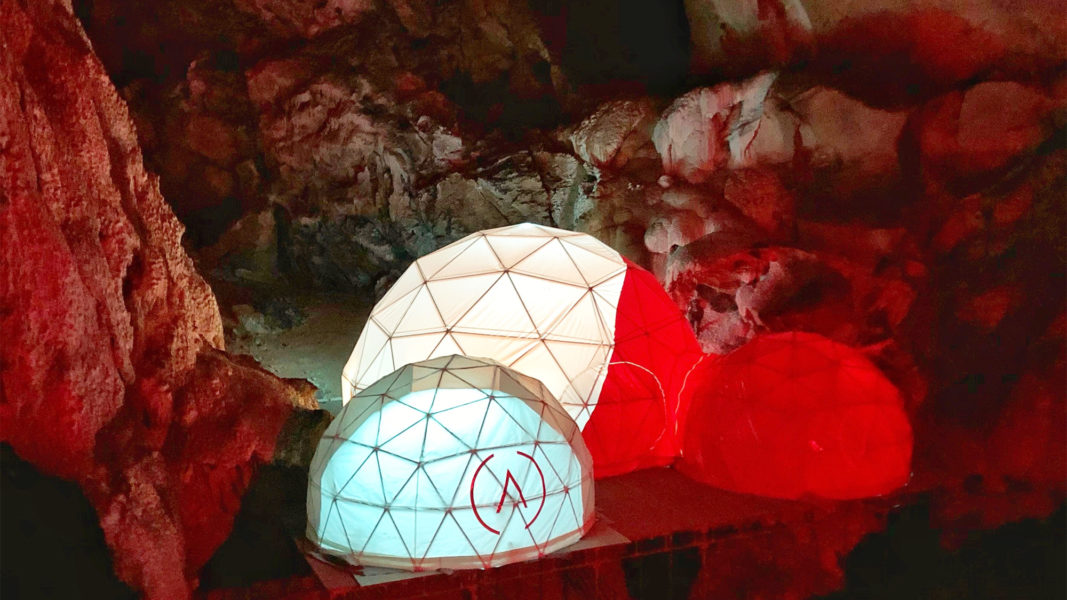
How long were you there?
Usually expeditions in Astroland last about 3 days, but we were there only for 24h, because a couple of TV teams – one from the BBC and from Vice – came with us and they couldn’t stay so long.
“Our aim was to collect samples from the cave to do a metabarcoding – a genetic analysis to detect all organisms living there”
What did you do there?
The aim for Astroland was to test how feasible it was doing field work with the technologies, equipment and conditions we would have if we were on a mission to Mars. Our scientific aim was to collect samples from the cave, in order to do a metabarcoding – that is, a genetic analysis of environmental samples in order to detect which organisms are living there.
How does metabarcoding work?
We basically take samples from an environment – we took them from the mud and the water (there was a lake inside the cave) – and then we amplify the 18s gene from all the living beings in that sample. This is a gene present and quite conserved in all eukaryotes, so having its sequence allows you to see which organisms are there and whether there are any new ones. In fact, in the previous expedition a new species of amoeba was found there, which has been named Astroquadrula, and one of our aims was to find it again to sequence its 18s.
“I learned a lot about myself and about how to manage people – great skills for my role as a principal investigator in the lab!”
What would you highlight about the experience?
Being the mission commander and having to live for 24h in a small space with a diverse group of people was quite a learning experience! I learned a lot about myself and about how to manage people – great skills for my role as a principal investigator in the lab! Also, in spite of the obvious differences, it was quite exciting to pretend we were on a mission to Mars: following the very strict space protocols, trying the space suit – which I have to say is much more uncomfortable than I thought -, feeling the psychological effect of being isolated… I don’t think ‘enjoyable’ is the word for it, due to the conditions there, but it was certainly a worthwhile experience, which I would be thrilled to repeat!


